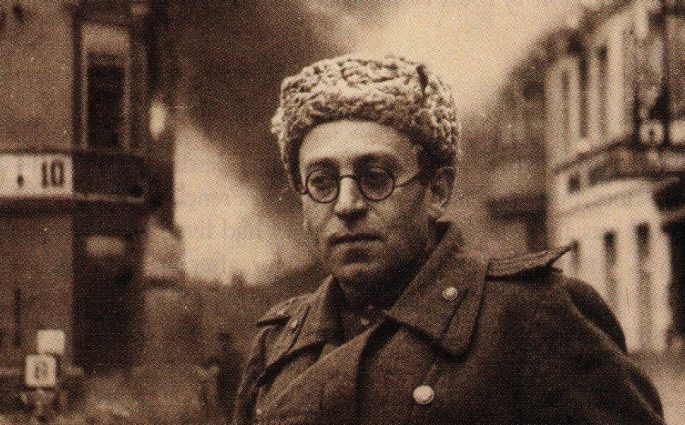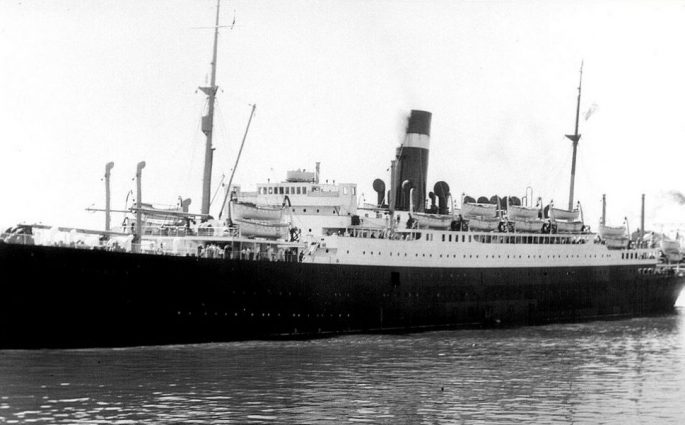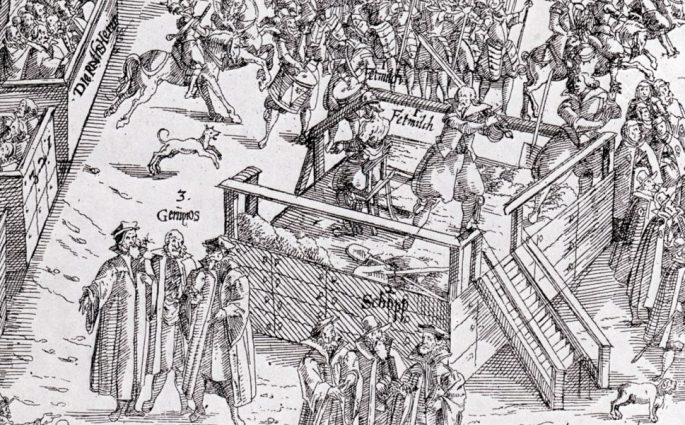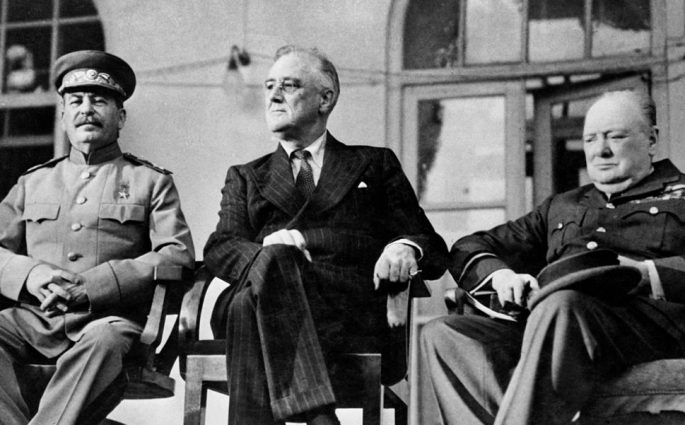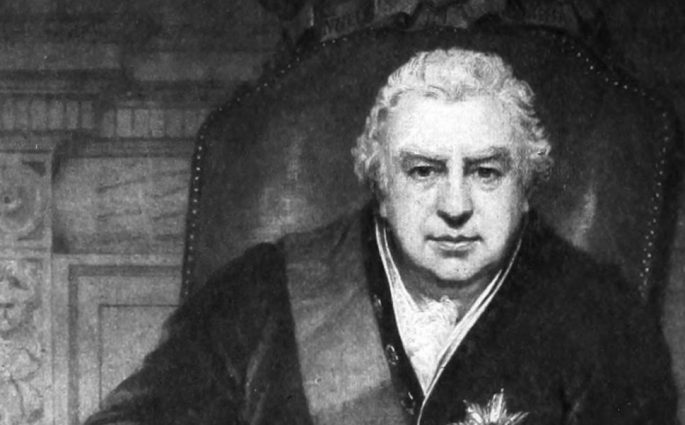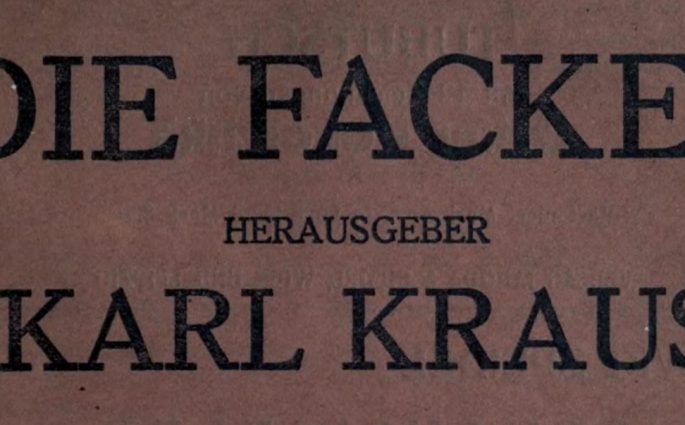Vasily Grossman’s Life and Fate
Alexandra Popoff— Vasily Grossman began Life and Fate, a powerful anti-totalitarian novel, when Stalin was still alive. Back then he had no prospect of publication. But after the dictator’s death, when the regime admitted half truths about Stalin’s crimes, there was a glimmer of hope. Despite knowing that the repressive

